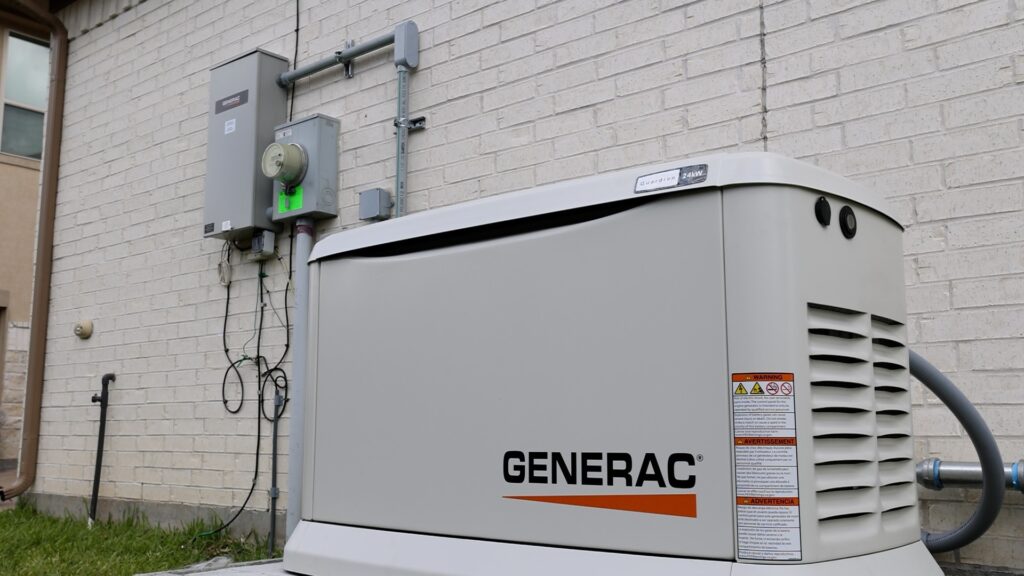Don’t Let Severe Weather Take You by Surprise

With hurricane season fast approaching, officials in Houston are urging residents to prepare early for potential storms.
The city has seen its fair share of devastating hurricanes in recent years, including Hurricane Harvey in 2017, which caused massive flooding and left thousands homeless. In response, Houston has implemented a number of measures to help residents prepare for future storms.
One of the most important steps that Houston residents can take is to make sure they have an emergency kit ready. This kit should include essentials like water, non-perishable food, first aid supplies, a flashlight, and a radio. Residents should also have a plan in place for where they will go in the event of an evacuation order.
With the Atlantic hurricane season set to begin on June 1st, Houston residents are being urged to take action now to prepare for potential storms. By working together and taking proactive steps, the city can help minimize the impact of any future hurricanes.
One important step in hurricane preparation is ensuring you have a reliable source of backup power. This is where a standby generator comes in. Standby generators are permanent fixtures that can provide power during an outage, automatically switching on within seconds of a power loss. They are connected directly to your home’s electrical system, so you don’t have to worry about running extension cords or fueling portable generators during a storm.
Having a standby generator can make all the difference in a hurricane or other severe weather event. Power outages are common during these types of events, and having a generator can help keep your family safe and comfortable until power is restored.
Don’t wait until the last minute to prepare for a hurricane. It’s important to take action early and make sure you have everything you need to weather the storm. A standby generator is a great investment that can provide peace of mind and help keep your family safe in the event of a power outage.
As always, it’s important to stay up to date on the latest weather information and follow any evacuation orders or other directives from local officials. By taking these steps and being prepared, you can help ensure that you and your family stay safe during hurricane season.
Statistics on power outages during a hurricane can vary widely depending on the size and severity of the storm, the infrastructure of the affected area, and the preparedness of utility companies. However, here are some general statistics on power outages during hurricanes beyond what we have experienced here in the Houston area from recent storms.
1. In 2017, Hurricane Irma left over 6.7 million homes and businesses without power in Florida alone.
2. Hurricane Maria, which struck Puerto Rico in 2017, left the entire island without power, affecting nearly 3.4 million people.
3. Hurricane Katrina, which struck the Gulf Coast in 2005, caused power outages for over 3 million customers in Louisiana and Mississippi.
4. According to the National Hurricane Center, power outages are one of the most common and widespread effects of hurricanes, and can last for days or even weeks after the storm has passed.
5. In addition to the immediate impact on power supply, hurricanes can also damage the infrastructure that delivers power, such as poles, wires, and transformers, which can cause delays in power restoration.
Overall, hurricanes can cause significant and long-lasting power outages, which can have far-reaching consequences for affected communities.
